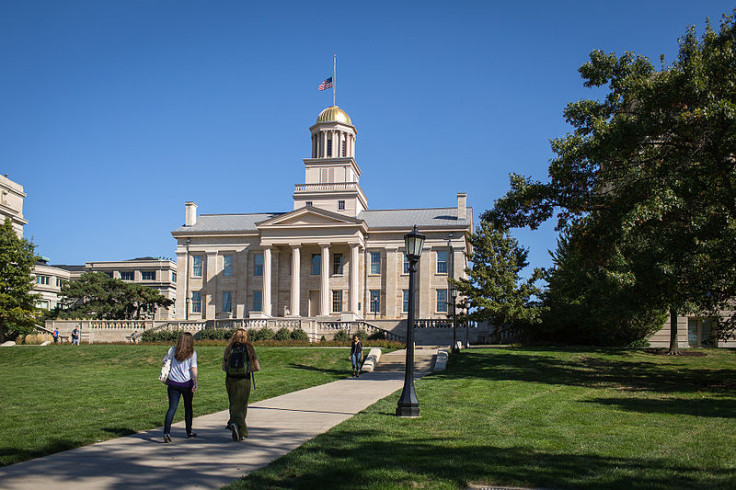
A federal judge halted late Monday a recently-passed Iowa law, which allows local authorities to arrest and file charges against immigrants in the state who have outstanding deportation orders or who had been denied entry to the U.S. in the past.
Concretely, U.S. District Court Judge Stephen Locher issued the preliminary injunction, saying that both the U.S. Department of Justice and advocate groups who legally challenged the law are likely to succeed in their claims. They argue that immigration enforcement can only be done by the federal government, and that such laws preempt the one passed by state lawmakers in the spring.
"As a matter of politics, the new legislation might be defensible," said Locher in a passage his decision. "As a matter of constitutional law, it is not." The law, which was set to go into effect on July 1, also allowed for those apprehended to comply with a judge's order to leave the country or be prosecuted. If found guilty, they could spend time in prison.
Iowa authorities claimed they were only enforcing federal law, something they claim the Biden administration is failing to do. In contrast, DOJ argued that Iowa would be violating the federal government's sole authority over immigration issues and that the law would create great confusion.
Moreover, Christopher Eiswerth, a DOJ attorney, and Emma Winger, representing the American Immigration Council, said during the legal proceedings that the state law doesn't make exceptions for people who have been deported before but now are in the country legally, such as those seeking asylum.
"Only the federal government gets to decide which non-citizens may enter the United States and which non-citizens should be removed," Winger said.
She also raised concerns that the law does not include exceptions for anyone who's previously been deported but is back in the U.S. seeking asylum or has some form of lawful status. Winger said those exceptions are allowed under federal law but aren't expressly stated in the contested Iowa legislation.
State Attorney General Brenna Bird anticipated she will appeal the decision. "I am disappointed in today's court decision that blocks Iowa from stopping illegal reentry and keeping our communities safe," she said. "Since Biden refuses to secure our borders, he has left states with no choice but to do the job for him."
Governor Kim Reynolds also issued a statement criticizing the judge's ruling. "I signed this bill into law to protect Iowans and our communities from the results of this border crisis: rising crime, overdose deaths, and human trafficking," Reynolds said.
Iowa is one of several Republican-led states that have passed similar laws or are in the process of doing so. Most of them mirror one sought to be implemented by Texas, which is known as SB4 and allows local law enforcement to arrest unlawful immigrants and put them up for deportation. Overall, 11 states are trying to implement such initiatives, according to a recent article by The New York Times. All of them have been challenged in the courts, and none have gone into effect so far.
© 2025 Latin Times. All rights reserved. Do not reproduce without permission.





